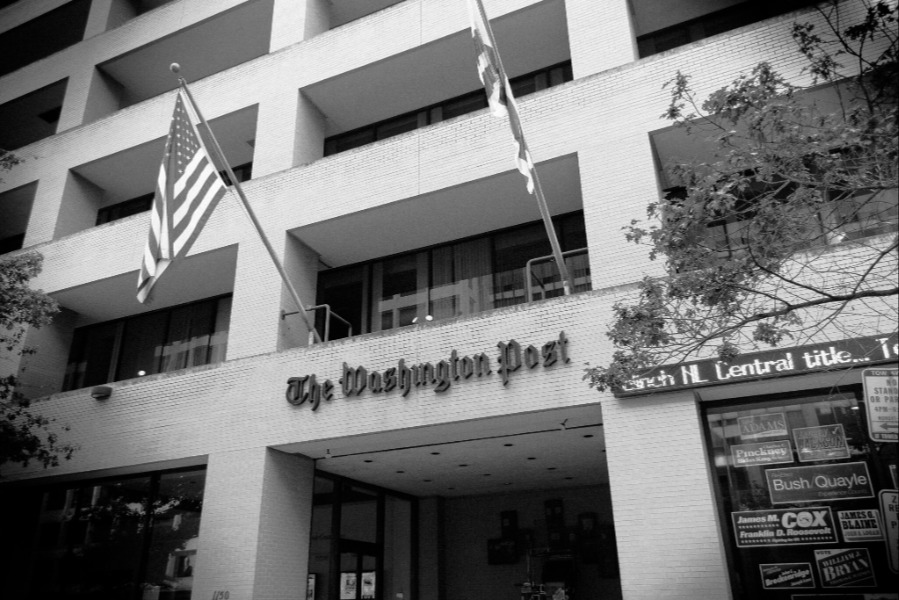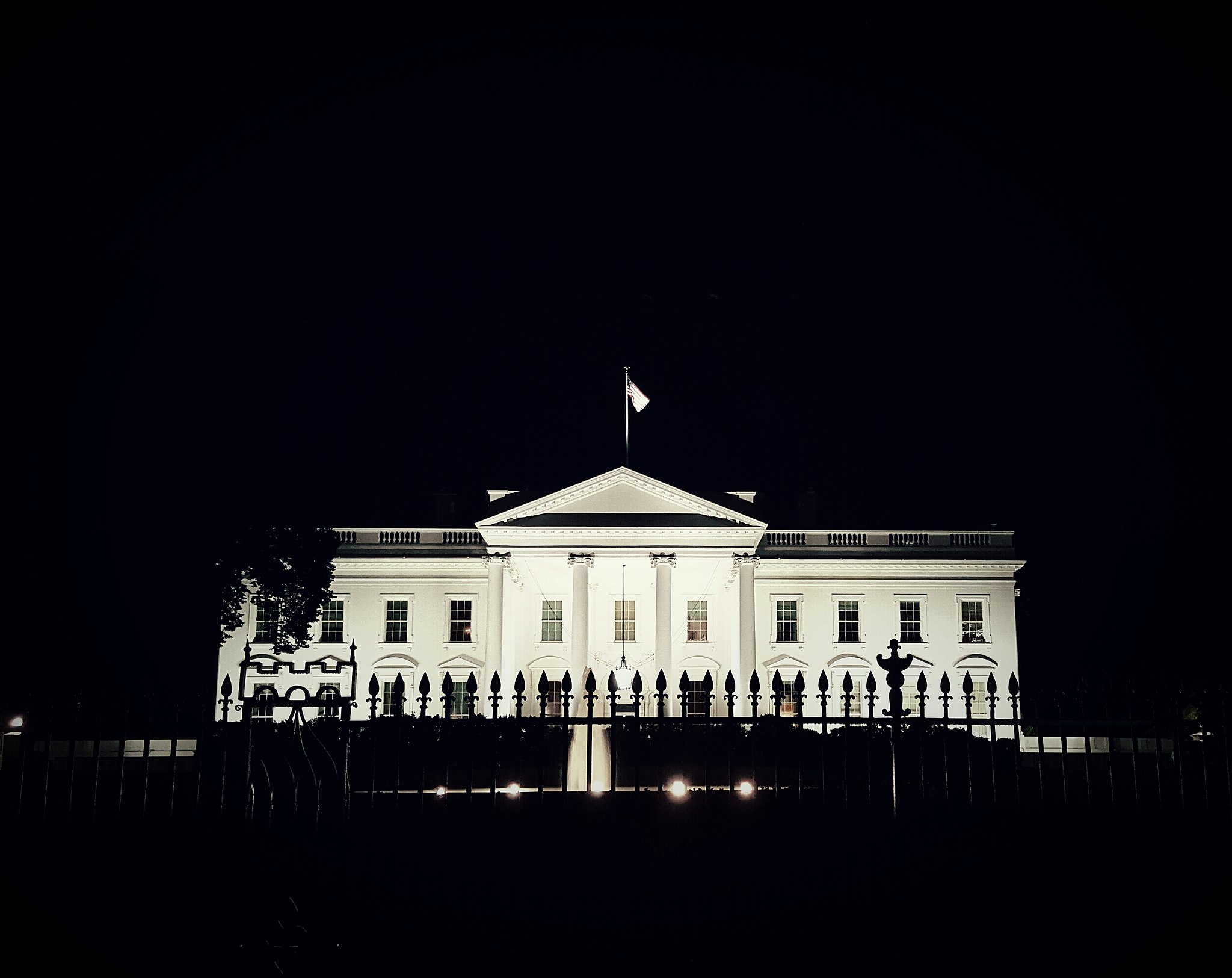International Law in the Age of Trump: A Post-Human Rights Agenda
The Trump presidency will have a significant impact on international law, including a potential withdrawal from or re-negotiation of the Paris Agreement on Climate Change and the Iran nuclear deal.
Published by The Lawfare Institute
in Cooperation With

The Trump presidency will have a significant impact on international law, including a potential withdrawal from or re-negotiation of the Paris Agreement on Climate Change and the Iran nuclear deal. Although those two examples would pit the United States against much of the rest of the world, in other respects Trump’s election is consistent with ongoing global changes. To take a well-known example, Trump’s opposition to NAFTA appears to align with world-wide populism and hostility to trade agreements, as illustrated by Brexit.
Trump’s election is also consistent with other trends in international law. As I argued before the election, we are in the midst of a world-wide decline in international human rights and a related rise in power by China and Russia over the content of international law, a theme discussed last week by Anne Peters here. Liberal intervention on behalf of human rights—opposed by China and Russia—would almost certainly have received a boost from a Hillary Clinton administration. Although it is difficult to predict what direction the new administration will take, it is likely that the U.S. will expend little energy on promoting the international legal protection of human rights (putting aside here international humanitarian law, the law of armed conflict, and other related areas of international law).
We are, in other words, probably already in the “post-human rights era” of international law, meaning that the enforcement and expansion of human rights through binding international law will decline. Fortunately, thanks in part to the historic successes of the human rights movement, there are many other ways to advance the cause of human rights, including regional human rights institutions, soft international norms (such as the historic Helsinki Accords), and domestic or transnational political reform and activism. Promoting civil liberties and human rights at home and abroad should be an important objective in the coming years, all the more so with Trump as President, but perhaps not through the enforcement of binding international law.
The Trump administration should use the post-human rights era as an opportunity to promote a different international law agenda: a strong core of international law dedicated to protecting international peace and security. The pursuit of human rights by the West through international law has weakened other norms of international law. Kosovo is an illustration. President Clinton’s 1999 “humanitarian intervention” in Kosovo lacked the authorization of the U.N. Security Council and violated international law; the intervention ultimately led to the creation of the new state of Kosovo over the bitter opposition of Russia and Serbia. The Kosovo precedent was used by Russia to support the right to self-determination for South Ossetia and Crimea. More broadly, doctrinal innovations like universal jurisdiction and the lifting of immunity for human rights violations can generate regional tensions and disagreements.
Quite simply, the West has lost its bid to promote human rights as politically neutral standards binding upon all nations as a matter of international law. That effort foundered most visibly on the shoals of selective, coercive enforcement, including in Iraq, but also including the use of force to effectuate regime change in Libya and the limited effectiveness of the Human Rights Council. A turn away from using international law to promote human rights—whether or not the first best choice in an ideal world—creates an opportunity to strengthen other vitally important norms of international law.
Political science research (examples here and here) tells us that border and territorial disputes have historically been especially likely to lead to militarized armed conflict and to war. Indeed, the “long peace” may be as much a “territorial peace” as it is a “democratic peace.” Accordingly, a priority under the new administration should be to strengthen international legal rules which may reduce conflict over territory and borders such as Article 2(4) of U.N. Charter. Territorial conquests declined during the 20th century as the international rule limiting the use of force hardened. The norm began to emerge after World War I, as reflected in the Charter of the League of Nations and in mandate systems of the interwar period, which replaced the traditional system of simply awarding territory (including colonies) to the victorious states. The hopes of territorial conquest by (and the scope of territorial disagreements between) the Russian, Qing, Ottoman, Austro-Hungarian, and Japanese Empires at the beginning of the 20th century vividly illustrate how international law’s permissive posture toward violent territorial acquisition led to conflict and war. The prohibition on the use of force for territorial conquest was strengthened in the U.N. Charter and became the cornerstone of the post-World War II international legal order. Geopolitically, concern about territorial and border disputes today means we need to remain focused on the South China Sea, the Ukraine/Eastern Europe, and the Turkish/Syria/greater Kurdistan border as especially potent threats to international peace and security (as well as to other U.S. interests).
Institutionally, we should seek to return in some respects to the immediate post World War II settlement with the U.N. Security Council focused on protecting international peace and security. For better or for worse, recent global developments, including the deployment of Russian military power and Russia’s growing alliance with China, have put the Russian-Chinese-U.S. relationship at the center of global importance when it comes to international law and to international peace and security. The veto-wielding members of the United Nations Security Council may not be broadly representative of the world’s countries, but the growing importance of the relationships among those five countries gives the Security Council a renewed significance. It is an important forum for the advancement of U.S. medium- and long-term interests. Turning our back on the United Nations would be a mistake.
During the Trump Administration, the United States and the world will need to focus on protecting civil liberties, the rights of minorities, free speech, and other rights from violation by individuals’ own governments. Thanks in part to the international human rights movement and to generations of activists, today we have a variety of legal tools to help us do so. But the enforcement of binding norms of international law through the United Nations or foreign domestic courts may not always be an effective means of doing so, especially in light of today’s political realities. In a post-human rights era, binding norms of international law are often better used to pursue other objectives such as the maintenance of international peace and security.





